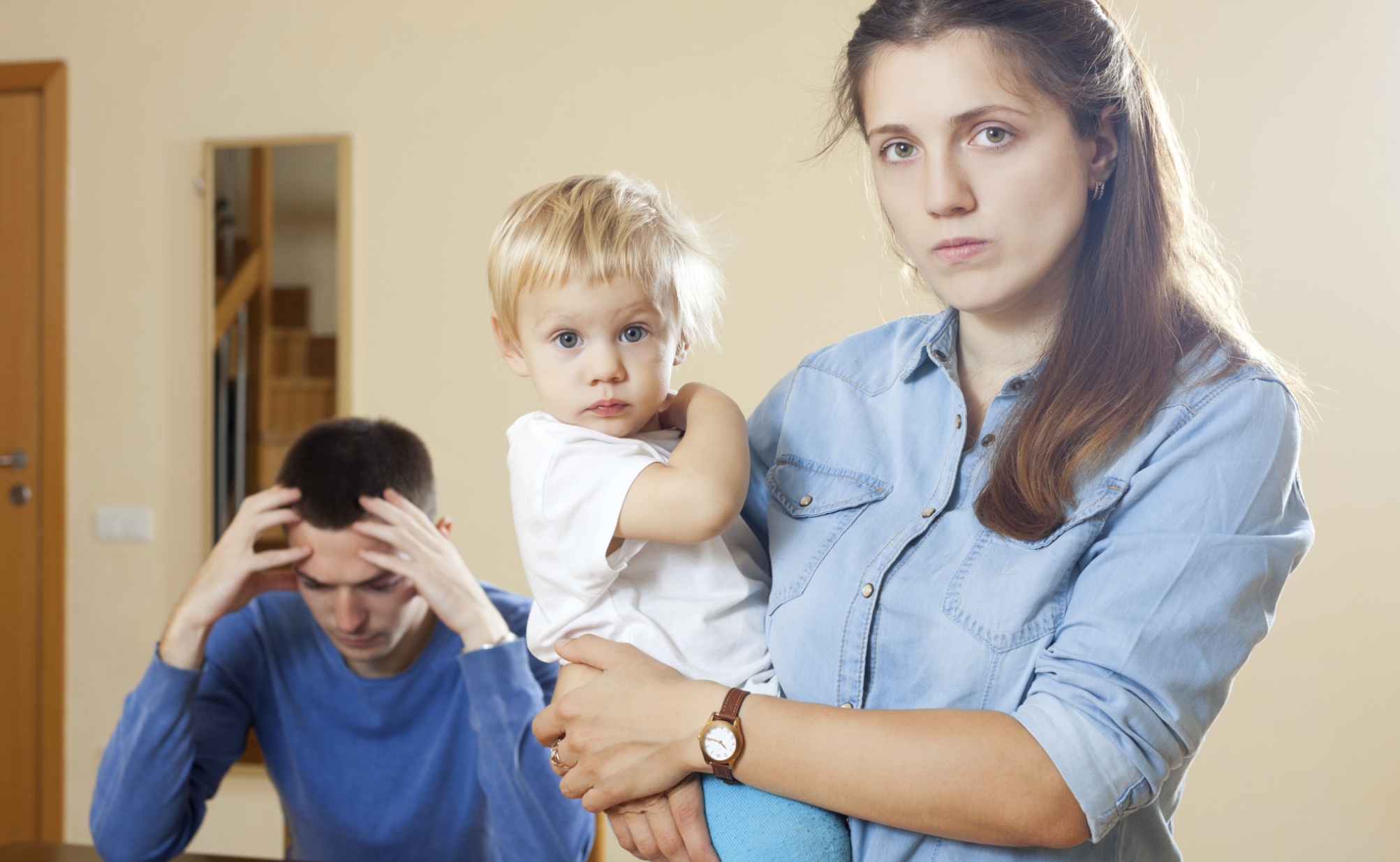No one is fooled, Chancellor
Cuts to tax credits – which will amount to a £4.4bn raid on the country’s poorest working families – are in the spotlight again today (October 26), as peers are set to vote on motions that may stop or delay the cuts.
Former Labour minister Patricia Hollis will table a motion that will force the government to produce a scheme that compensates workers for their losses for at least three years, while Lib Dem peer Zahida Manzoor will table a “fatal motion” that may effectively stop the cuts in their tracks.
Another motion includes crossbench peer Lady Meacher’s which would delay the cuts until the government details how it will help low-paid workers.
The debate in the House of Lords will kick off at 3.45pm today (October 26), with voting expecting to take place at 6 pm.
The tax credit cuts furore in the upper chamber comes against a backdrop of top Tory politicians themselves coming out against the cuts, including London Mayor Boris Johnson, cabinet minister Andrew Mitchell, and MPs Zac Goldsmith, Heidi Allen and David Davis among others.
Yesterday (October 25) education secretary Nicky Morgan gave the strongest suggestion yet that the government may seek to soften the tax credit reforms.
‘Listening mode’
Speaking on the Andrew Marr show on Sunday, Morgan said that chancellor George Osborne was very much in “listening mode” – a sentiment echoed by cabinet office minister Matt Hancock on the BBC Radio 4 Today programme this morning, who urged peers to vote on a non-binding “regret motion” tabled by the bishop of Portsmouth in exchange for measures that would lessen the impact of the cuts.
Still, Hancock made it clear that there would be no change to the core plan of reducing earnings level at which tax credits start to be withdrawn, from ÂŁ6,420 to ÂŁ3,850, from next April.
The government has said that the House of Lords voting in favour of any of the motions that would stop or delay the cuts would trigger a constitutional crisis.
It argues that the House of Lords may not vote on financial matters, but Lib Dem and Labour peers have pointed out that this applies only to measures introduced through proper Finance Bills, and not secondary legislation, through which the cuts to tax credits are now being presented.
Historically, the House of Lords have killed off secondary legislation on only five occasions since World War Two.
Lady Hollis, discussing her motion that would delay the cuts by three years, said on the Victoria Derbyshire programme this morning that the government is exaggerating when it says that her motion would trigger a constitutional crisis.
“It is not a constitutional crisis at all,” she said. “What we are doing with this is seeking to ask the chancellor to produce transitional protection for existing families and, as wages rise, tax credits, which are means tested, fall.”
Prime minister David Cameron warned peers last week to think carefully about any measures they take against tax credits cuts, suggesting that he may flood the House of Lords with Tory peers to create a Tory majority in the upper chamber in order to push the cuts through.
Currently, the Tory party has 249 peers in the House of Lords, with Labour having 212 peers and the Lib Dems with 111. There are also 176 crossbench peers not tied to any political party.
The Electoral Reform Society noted this morning that if Cameron created 100 new Tory peers, this would hit the taxpayer to the tune of ÂŁ2.6m a year.
Ticking clock
As the clock ticks on the fate of tax credits in the House of Lords, a number of reports have calculated just how badly workers are set to lose from the cuts.
The Conservative-leaning Spectator reported today on new figures drawn from a Policy in Practice symposium, which, the magazine highlighted, “ought to stop these reforms in their tracks”.
It has been revealed that, if cuts to tax credits go through, some workers will be able to keep only 7p out of every extra £1 they earn – resulting in an effective tax rate of 93 per cent. Osborne insists that he wants to make work pay, but those who respond to tax credit cuts by working more will, in fact, be worst hit by reforms.
The Tory government has repeatedly said that a higher national minimum wage and raising the personal tax allowance would counter tax credit cuts, but Policy in Practice found that even accounting for these changes, nearly 70 per cent of tax credit recipients will still be worse off in 2020.
The Child Action Poverty Group produced a briefing for peers showing how key workers will be affected by the tax credit reforms. For example, a full-time security guard with two children would stand to lose ÂŁ2,304 each year, while a teaching assistant will lose ÂŁ1,896 and a care worker would lose ÂŁ1,906.
Children, even in households with two working parents, will be particularly hard hit – the Resolution Foundation found that 600,000 more children will be plunged into poverty as a direct result of the reforms introduced in the summer budget.
Unite assistant general secretary Steve Turner noted that “no one is fooled any longer by the notion that these cuts will make working people better off.”
“Independent think tanks, the public, and even Tory ministers and right-wing publications are coming to grips with the reality that these reforms will in fact hit low-income earners the hardest,” he said.
“The chancellor says he wants to make work pay, but those who try to crawl out of the devastation wreaked by these cuts by working harder will actually find themselves falling further behind.”
“Polls have shown, too, that the vast majority of the public disagrees with the cuts, which completely contradicts Cameron’s claim that he’s got a mandate to push these changes through,” Turner added.
“If the government really wants to create savings in the budget, he could start by withdrawing all the giveaways that benefit only the wealthiest, such as cuts to inheritance tax, and by actually doing something about the criminal levels of tax evasion and avoidance that corporations get away with because they can.”
Stay tuned on UNITElive for the latest on tax credits after the House of Lords debates the tax credit reforms this afternoon and votes on the motions this evening.
 Like
Like Follow
Follow


